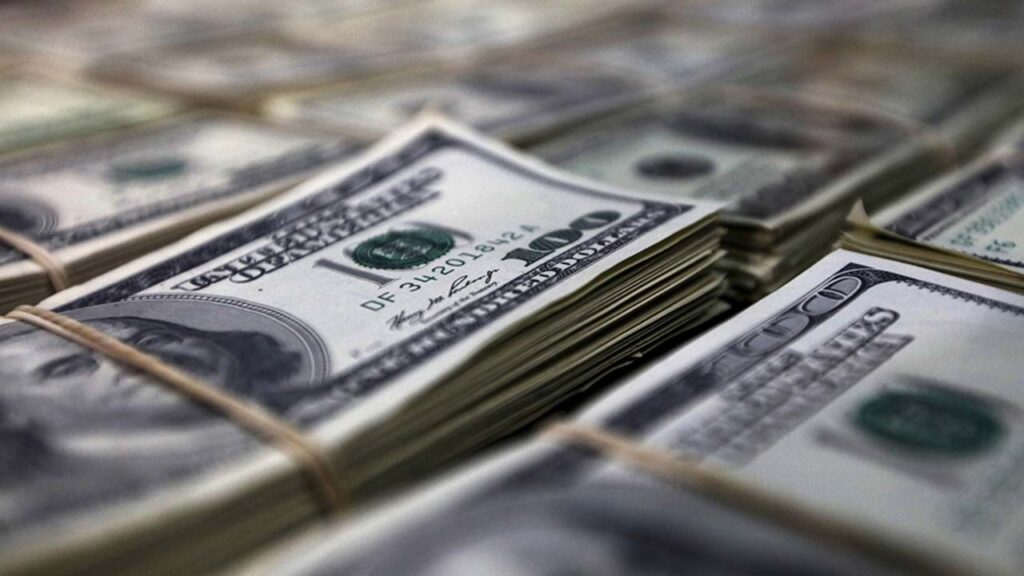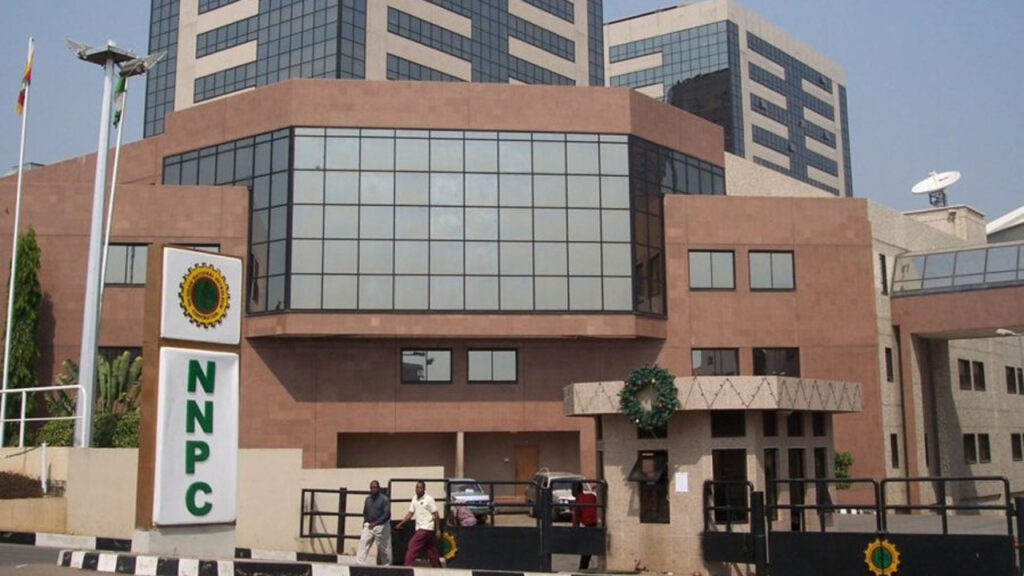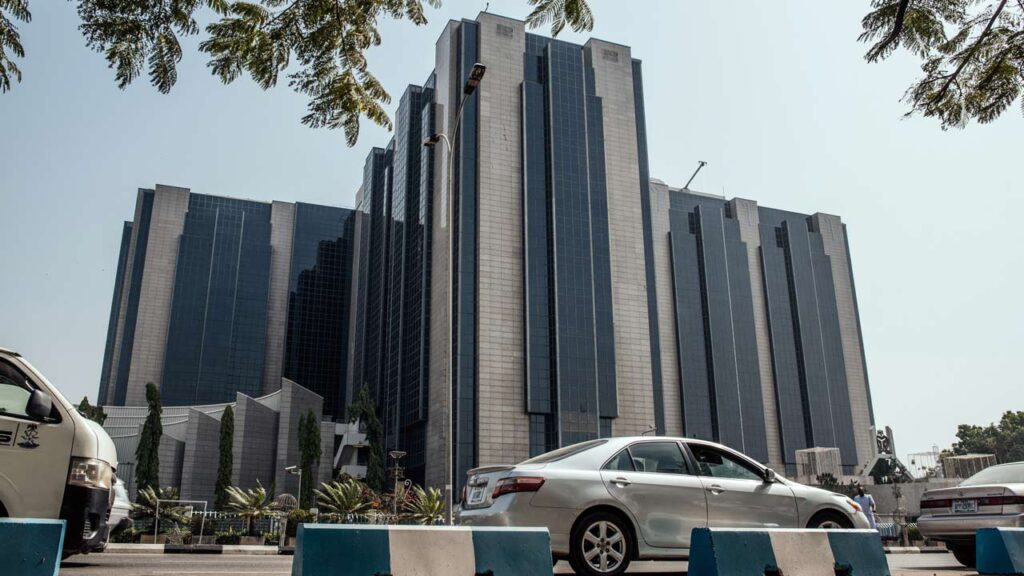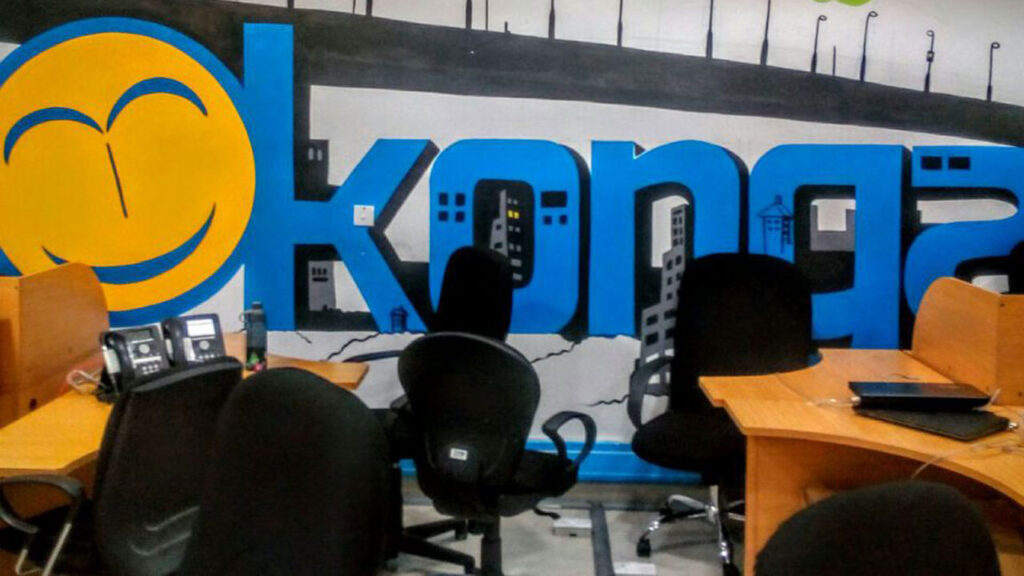
Following the Central Bank of Nigeria’s (CBN) decision to raise the benchmark interest rate by 200 basis points (bps) to 24.75 per cent, investors are reallocating funds to the fixed-income market.
The recent rate hike marked the second consecutive policy action by the reconstituted MPC.
The rate hike is a monetary policy tool to tackle naira depreciation and pull excess money supply from the system and curb inflation.
Operators said the decision would further influence high participation in sovereign instruments and trigger foreign investors’ interest in the domestic fixed-income market, as they seek higher rates on risk-free instruments.
They also anticipated an increase in banks’ activities in the fixed-income space, especially in the treasury bills market, noting this may support the case for higher participation, demand and rates on government debt instruments.
Last week, average yield across all instruments contracted by six bps to 17.9 per cent due to higher demand as investors looked to cover for lost bids at the Nigerian treasury bill (NTB) Primary Market Auction (PMA) NTB PMA on Wednesday.
Across market segments, the average yield dipped by 4bps and 6bps to 17.7 per cent and 18.5 per cent in the NTB and OMO secondary markets, respectively.
At the primary auction, the CBN offered instruments worth N161.33 billion – N17.61 billion of the 91-day, N1.56 billion of the 182-day, and N142.16 billion of the 364-day bills.
Demand was at the highest level on record at a total subscription of N2.62 trillion (bid-to-offer: 16.2x) with more interest on the longer-dated bill (N2.48 trillion | 94.8 per cent of the total subscription).
Eventually, the CBN over-allotted bills worth N1.19 trillion – N29.83 billion for the 91-day, N25.56 billion for the 182-day, and N1.13 trillion for the 364-day – at respective stop rates of 16.24 per cent (unchanged), 17.00 per cent (unchanged), and 21.12 per cent (unchanged). Also, the value of treasury bills sold last month soared significantly, as the Debt Management (DMO) sold treasury bills valued at ₦2,589.35 billion across its auctions in February 2024, representing an increase of 579.23 per cent (₦2,208.13 billion) on the value of T-bills sold across its auctions in January 2024 (₦381.22 billion).
Similarly, the DMO sold FGN bonds worth ₦1,494.9 1 billion via new issuance of one seven-year and one 10-year FGN Bond in February 2024.
The total sale represents a 40.20 per cent under subscription of the amount offered and a 275.46 per cent (₦1.08 trillion) MoM increase on the amount sold in January 2024 (₦418.20 billion) across three (3) 10-year and one (1) 15-year FGN Bond maturities.
In the primary market segment, ₦1.008 trillion worth of OMO bills were sold across its auctions in January 2024.
In the fixed income (FI) market, a turnover of ₦10.71 trillion, representing a MoM increase of 48.99 per cent (₦3.52 trillion) was recorded, from a turnover of ₦7.19 trillion recorded in January 2024.
The uptick in the FI market turnover was jointly driven by the 113.98 per cent (₦2.24 trillion), 59.44 per cent (₦1.36 trillion), and 154.09 per cent (₦0.05 trillion) increase in turnover across treasury bills and other bonds.
Head Equity, Planet Capital, Dr Paul Uzum, said the rise in yields across fixed-income instruments is natural, noting that whenever the anchor interest rate (MPR) goes up, yields on all fixed-income instruments will rise as well.
“This means that prices of such existing bonds and bills will continue to fall. The bad news for investors who cannot hold such financial instruments to maturity as they will incur losses on their principal if they should sell. So, it is a bad time for portfolio managers who locked their funds in long-term bonds at 14per cent, when you now see t-bills offering 27 per cent yield to maturity,” he said.
Analysts at Vetiva Capital Management Limited said: “Our empirical analysis revealed that a unit increase in the standing deposit facility rate has a positive and significant impact on the average treasury bills rate.”
Cordros Capital said: “We expect the aversion to long-dated instruments to persist due to near-term expectations of a further moderate increase in interest rates. Thus, we recommend that investors stay at the short end of the yield curve rather than hold long-dated bonds.
“Furthermore, considering our expectations of continued interest rate increases, we advise investors to exercise caution when considering investments in long-duration instruments as they may not adequately compensate investors for the risks associated with rising interest.
“Following our expectation of a possible lower liquidity in the system next week, we envisage moderation in demand for instruments in the T-bills secondary market and, thus, increased yields”.













